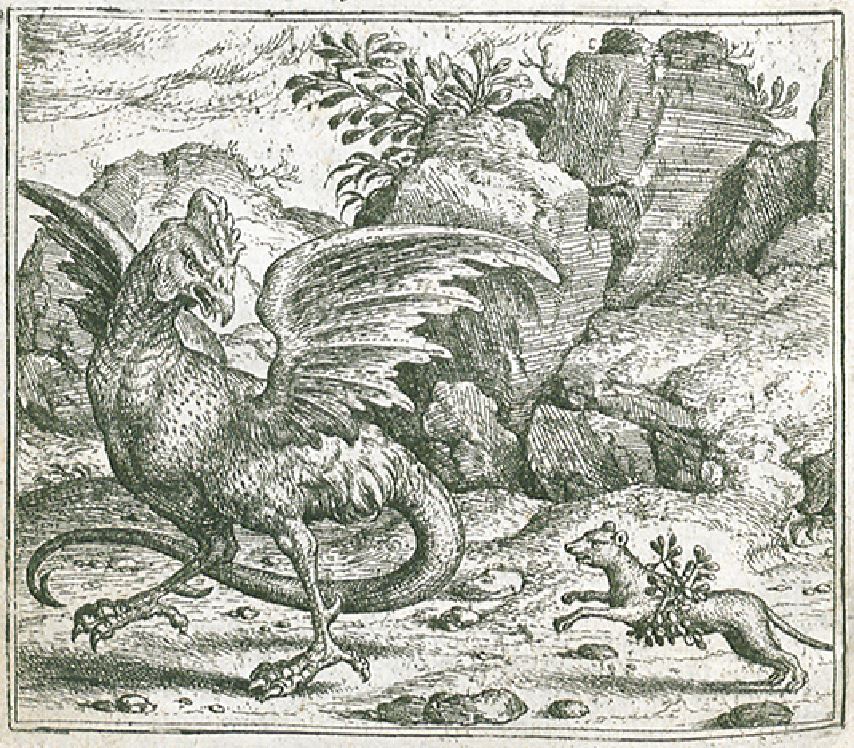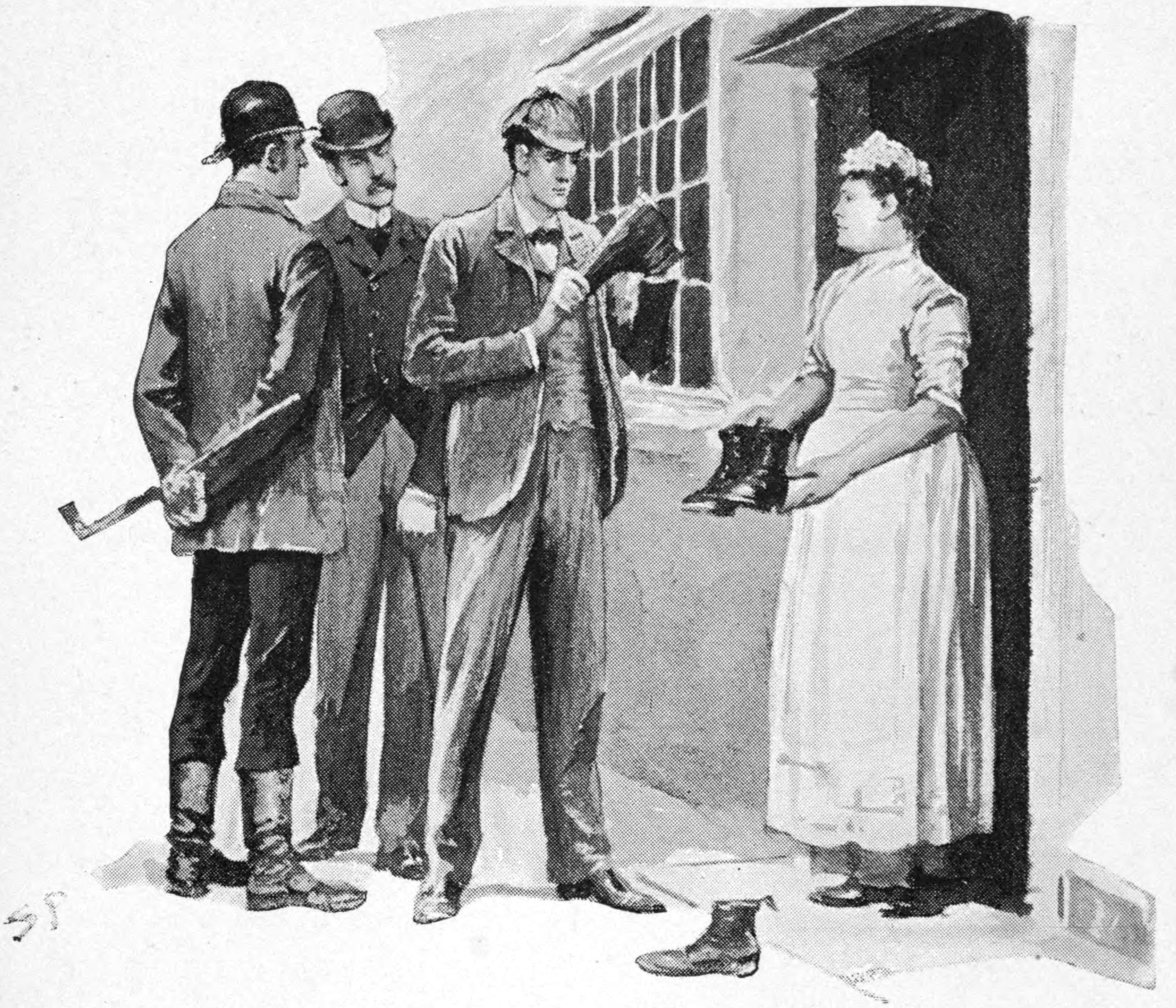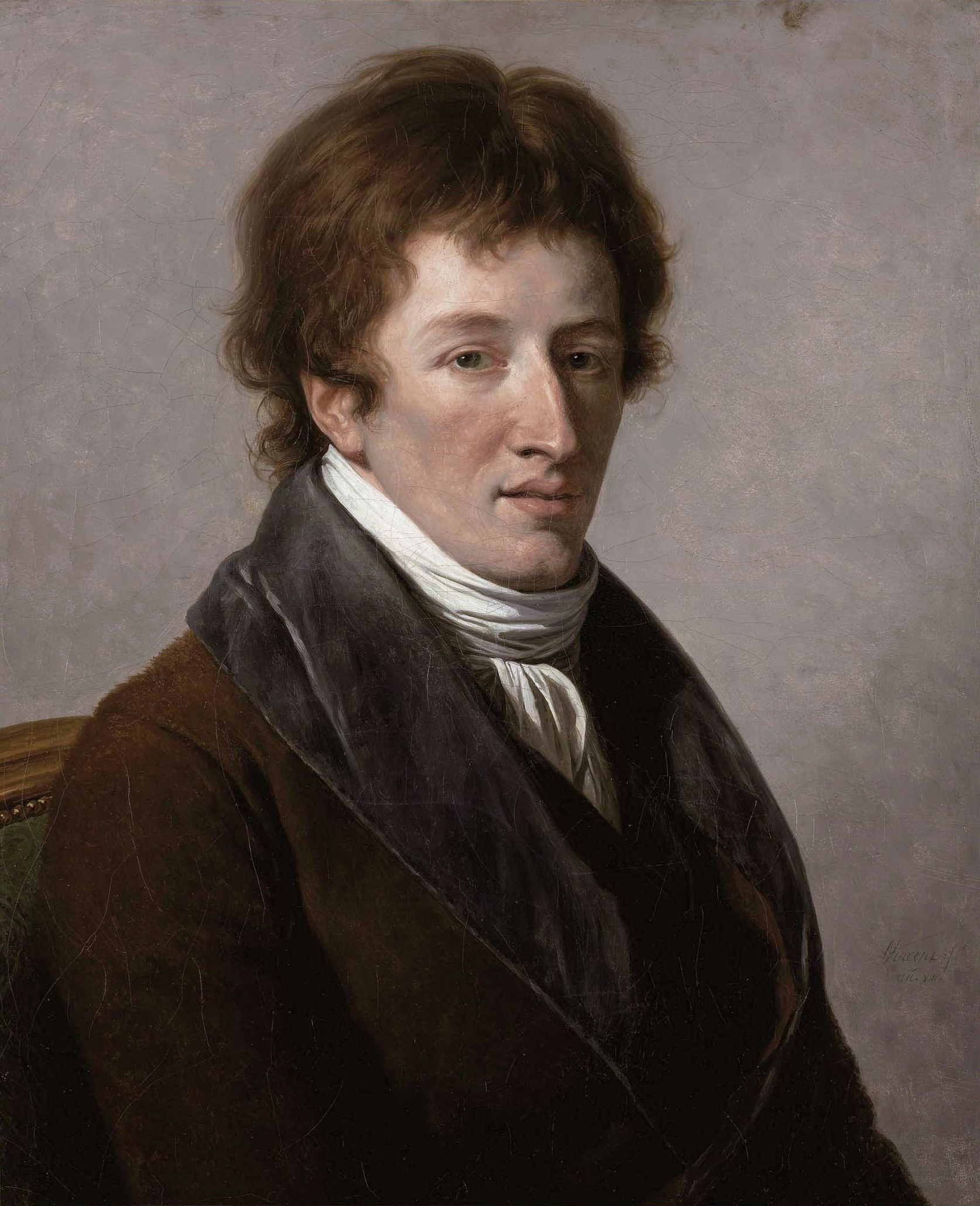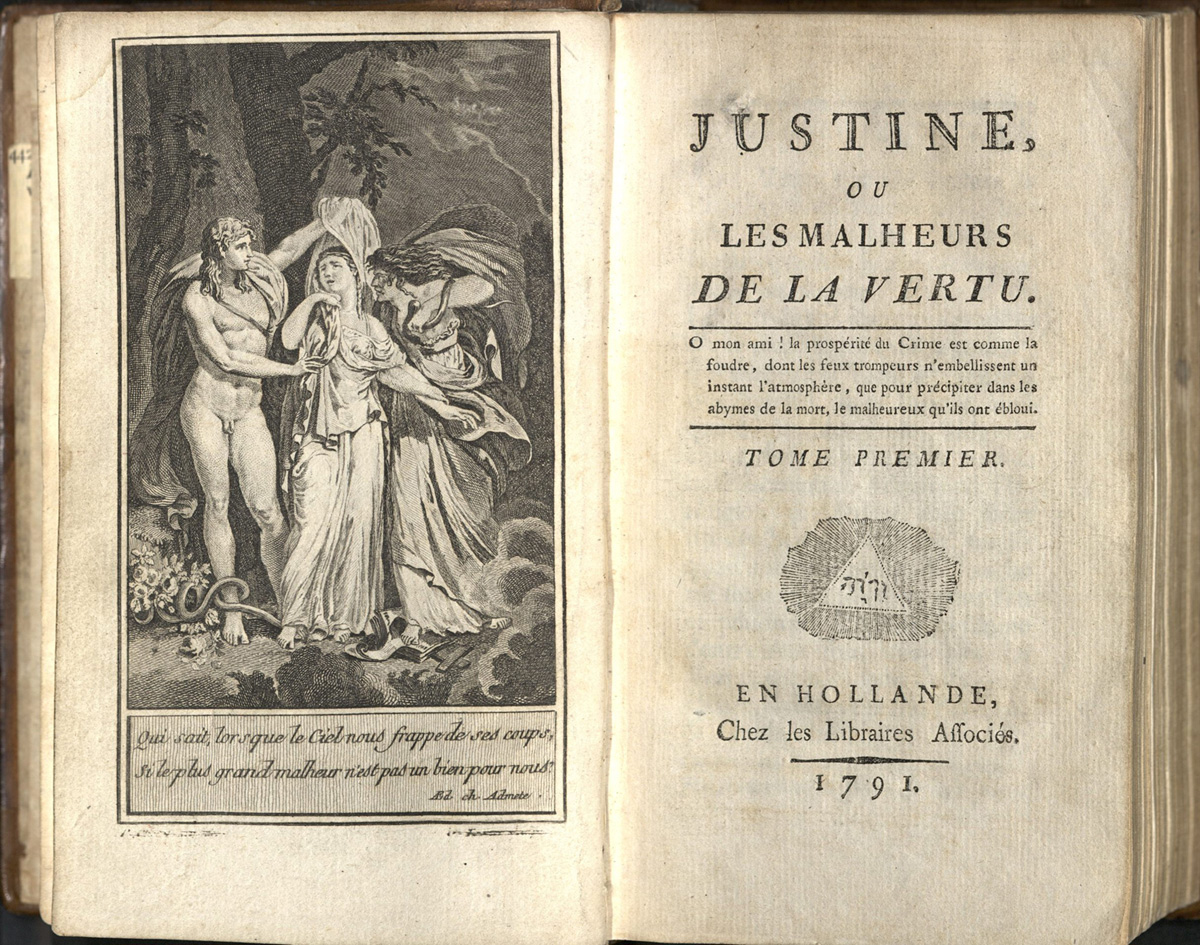|
Zadig
''Zadig; or, The Book of Fate'' (; 1747) is a novella and work of philosophical fiction by the Enlightenment writer Voltaire. It tells the story of Zadig, a Zoroastrian philosopher in ancient Babylonia. The story of Zadig is a fictional story. Voltaire does not attempt any historical accuracy. The singular narrative and unique journey of Zadig still stands as a philosophical reference to “nothing is either good or bad without the comparison of one with the other.” It was originally published as ''Memnon'' in Amsterdam (with a false imprint of London given) and first issued under its more familiar title in 1748. The book makes use of the Persian tale '' The Three Princes of Serendip''. It is philosophical in nature, and presents human life as in the hands of a destiny beyond human control. Voltaire challenges religious and metaphysical orthodoxy with his presentation of the moral revolution taking place in Zadig himself. ''Zadig'' is one of Voltaire's most celebrated works ... [...More Info...] [...Related Items...] OR: [Wikipedia] [Google] [Baidu] |
The Three Princes Of Serendip
''The Three Princes of Serendip'' is the English version of the story ''Peregrinaggio di tre giovani figliuoli del re di Serendippo'', published by Michele Tramezzino in Venice in 1557. Tramezzino claimed to have heard the story from one Cristoforo Armeno, who had translated the Persian fairy tale into Italian, adapting Book One of Amir Khusrau's '' Hasht-Bihisht'' of 1302. The story first came to English via a French translation, and now exists in several out-of-print translations."serendipity, n." ''OED Online''. Oxford University Press. June 2017. Retrieved 2 November 2017. ''Serendip'' is the Classical Persian name for Sri Lanka (Ceylon). The story has become known in the English-speaking world as the source of the word serendipity, coined by Horace Walpole because of his recollection of the part of the "silly fairy tale" in which the three princes by "accidents and sagacity" discern the nature of a lost camel. In a separate line of descent, the story was used by Voltaire in ... [...More Info...] [...Related Items...] OR: [Wikipedia] [Google] [Baidu] |
Voltaire
François-Marie Arouet (; 21 November 169430 May 1778), known by his ''Pen name, nom de plume'' Voltaire (, ; ), was a French Age of Enlightenment, Enlightenment writer, philosopher (''philosophe''), satirist, and historian. Famous for his wit and his criticism of Christianity (especially Criticism of the Catholic Church, of the Roman Catholic Church) and of slavery, Voltaire was an advocate of freedom of speech, freedom of religion, and separation of church and state. Voltaire was a versatile and prolific writer, producing works in almost every literary form, including Stageplay, plays, poems, novels, essays, histories, and even scientific Exposition (narrative), expositions. He wrote more than 20,000 letters and 2,000 books and pamphlets. Voltaire was one of the first authors to become renowned and commercially successful internationally. He was an outspoken advocate of civil liberties and was at constant risk from the strict censorship laws of the Catholic French monarchy. H ... [...More Info...] [...Related Items...] OR: [Wikipedia] [Google] [Baidu] |
Basilisk
In European bestiary, bestiaries and legends, a basilisk ( or ) is a legendary reptile reputed to be a Serpent symbolism, serpent king, who causes death to those who look into its eyes. According to the ''Natural History (Pliny), Naturalis Historia'' of Pliny the Elder, the basilisk of Cyrene, Libya, Cyrene is a small snake, "being not more than twelve inches in length", that is so venomous, it leaves a wide trail of deadly venom in its path, and its gaze is likewise lethal. According to Pliny, the basilisk's weakness is the odor of a weasel. The weasel was thrown into the basilisk's hole, recognizable because some of the surrounding shrubs and grass had been scorched by its presence. It is possible that the legend of the basilisk and its association with the weasel in Europe was inspired by accounts of certain species of Asiatic and African snakes (such as Naja, cobras) and their natural predator, the mongoose. Etymology The word originates from the Greek form ''basilískos'' ( ... [...More Info...] [...Related Items...] OR: [Wikipedia] [Google] [Baidu] |
Conte (literature)
Conte () is a literary genre of tales, often short, characterized by fantasy or wit. They were popular in the seventeenth and eighteenth centuries until the genre became merged with the short story in the nineteenth century. Distinguishing contes from other literary genres is notoriously difficult due to the various meanings of the French term ' that span folktales, fairy tales, short stories, Oral tradition, oral tales, and fables. Definition Conte comes from the French language, French word , "to relate". The French term ''conte'' encompasses a wide range of narrative forms that are not limited to written accounts. No clear English equivalent for conte exists in English as it includes folktales, fairy tales, short stories, Oral tradition, oral tales, and to lesser extent fables. This makes conte notoriously difficult to define precisely. A conte is generally longer than a short story but shorter than a novel. In this sense, contes can be called novellas. Contes are contrasted ... [...More Info...] [...Related Items...] OR: [Wikipedia] [Google] [Baidu] |
Candide
( , ) is a French satire written by Voltaire, a philosopher of the Age of Enlightenment, first published in 1759. The novella has been widely translated, with English versions titled ''Candide: or, All for the Best'' (1759); ''Candide: or, The Optimist'' (1762); and ''Candide: Optimism'' (1947). A young man, Candide, lives a sheltered life in an Garden of Eden, Edenic paradise, being indoctrinated with Gottfried Leibniz#Theodicy and optimism, Leibnizian optimism by his mentor, Professor Pangloss. This lifestyle is abruptly ended, followed by Candide's slow and painful disillusionment as he witnesses and experiences great hardships in the world. Voltaire concludes ''Candide'' with, if not rejecting Leibnizian optimism outright, advocating a deeply practical precept, "we must cultivate our garden", in lieu of the Leibnizian mantra of Pangloss, "all is for the best" in the "best of all possible worlds". ''Candide'' is characterized by its tone as well as its erratic, fantastical, ... [...More Info...] [...Related Items...] OR: [Wikipedia] [Google] [Baidu] |
The Murders In The Rue Morgue
"The Murders in the Rue Morgue" is a short story by Edgar Allan Poe published in ''Graham's Magazine'' in 1841. It has been described as the first modern detective fiction, detective story; Poe referred to it as one of his "tales of wikt:ratiocination, ratiocination". C. Auguste Dupin is a man in Paris who solves the mystery of the brutal murder of two women. Numerous witnesses heard a suspect, though no one agrees on what language was spoken. At the murder scene, Dupin finds a hair that does not appear to be human. As the first fictional detective, Poe's Dupin displays many traits which became literary conventions in subsequent fictional detectives, including Sherlock Holmes and Hercule Poirot. Many later characters, for example, follow Poe's model of the brilliant detective, his personal friend who serves as narrator, and the final revelation being presented before the reasoning that leads up to it. Dupin himself reappears in "The Mystery of Marie Rogêt" and "The Purloined ... [...More Info...] [...Related Items...] OR: [Wikipedia] [Google] [Baidu] |
Detective Fiction
Detective fiction is a subgenre of crime fiction and mystery fiction in which an criminal investigation, investigator or a detective—whether professional, amateur or retired—investigates a crime, often murder. The detective genre began around the same time as speculative fiction and other genre fiction in the mid-nineteenth century and has remained extremely popular, particularly in novels. Some of the most famous heroes of detective fiction include C. Auguste Dupin, Sherlock Holmes, Kogoro Akechi, Miss Marple and Hercule Poirot. Juvenile stories featuring The Hardy Boys, Nancy Drew, and The Boxcar Children have also remained in print for several decades. History Ancient Some scholars, such as R. H. Pfeiffer, have suggested that certain ancient and religious texts bear similarities to what would later be called detective fiction. In the Old Testament story of Susanna (Book of Daniel: 13), Susanna and the Elders (the Protestant Bible locates this story within the apocrypha), t ... [...More Info...] [...Related Items...] OR: [Wikipedia] [Google] [Baidu] |
Paleontology
Paleontology, also spelled as palaeontology or palæontology, is the scientific study of the life of the past, mainly but not exclusively through the study of fossils. Paleontologists use fossils as a means to classify organisms, measure geologic time, and assess the interactions between prehistoric organisms and their natural environment. While paleontological observations are known from at least the 6th century BC, the foundation of paleontology as a science dates back to the work of Georges Cuvier in 1796. Cuvier demonstrated evidence for the concept of extinction and how life of the past was not necessarily the same as that of the present. The field developed rapidly over the course of the following decades, and the French word ''paléontologie'' was introduced for the study in 1822, which was derived from the Ancient Greek word for "ancient" and words describing relatedness and a field of study. Further advances in the field accompanied the work of Charles Darwin ... [...More Info...] [...Related Items...] OR: [Wikipedia] [Google] [Baidu] |
Edgar Allan Poe
Edgar Allan Poe (; January 19, 1809 – October 7, 1849) was an American writer, poet, editor, and literary critic who is best known for his poetry and short stories, particularly his tales involving mystery and the macabre. He is widely regarded as one of the central figures of Romanticism and Gothic fiction in the United States and of early American literature. Poe was one of the country's first successful practitioners of the short story, and is generally considered to be the inventor of the detective fiction genre. In addition, he is credited with contributing significantly to the emergence of science fiction. He is the first well-known American writer to earn a living exclusively through writing, which resulted in a financially difficult life and career.. Poe was born in Boston. He was the second child of actors David Poe Jr., David and Eliza Poe, Elizabeth "Eliza" Poe. His father abandoned the family in 1810, and when Eliza died the following year, Poe was taken in by ... [...More Info...] [...Related Items...] OR: [Wikipedia] [Google] [Baidu] |
Georges Cuvier
Jean Léopold Nicolas Frédéric, baron Cuvier (23 August 1769 – 13 May 1832), known as Georges Cuvier (; ), was a French natural history, naturalist and zoology, zoologist, sometimes referred to as the "founding father of paleontology". Cuvier was a major figure in natural sciences research in the early 19th century and was instrumental in establishing the fields of comparative anatomy and paleontology through his work in comparing living animals with fossils. Cuvier's work is considered the foundation of vertebrate paleontology, and he expanded Linnaean taxonomy by grouping classes into phylum, phyla and incorporating both fossils and living species into the classification. Cuvier is also known for establishing extinction as a fact—at the time, extinction was considered by many of Cuvier's contemporaries to be merely controversial speculation. In his ''Essay on the Theory of the Earth'' (1813) Cuvier proposed that now-extinct species had been wiped out by periodic catastr ... [...More Info...] [...Related Items...] OR: [Wikipedia] [Google] [Baidu] |
Justine (Sade)
''Justine, or The Misfortunes of Virtue'' (French: ''Justine, ou Les Malheurs de la Vertu'') is a 1791 novel by Donatien Alphonse François de Sade, better known as the Marquis de Sade. ''Justine'' is set just before the French Revolution in France and tells the story of a young girl who goes under the name of Thérèse. Her story is recounted to Madame de Lorsange while defending herself for her crimes, en route to punishment and death. She explains the series of misfortunes that led to her present situation. History of the work ''Justine'' (original French title: ''Les infortunes de la vertu'') was an early work by the Marquis de Sade, written in two weeks in 1787 while he was imprisoned in the Bastille. It is a novella (187 pages) with relatively little of the obscenity that characterised his later writing, as it was written in the classical style (which was fashionable at the time), with much verbose and metaphorical description. A much extended and more graphic version, en ... [...More Info...] [...Related Items...] OR: [Wikipedia] [Google] [Baidu] |
Marquis De Sade
Donatien Alphonse François, Marquis de Sade ( ; ; 2 June 1740 – 2 December 1814) was a French writer, libertine, political activist and nobleman best known for his libertine novels and imprisonment for sex crimes, blasphemy and pornography. His works include novels, short stories, plays, dialogues, and political tracts. Some of these were published under his own name during his lifetime, but most appeared anonymously or posthumously. Born into a noble family dating from the 13th century, Sade served as an officer in the Seven Years' War before a series of sex scandals led to his detention in various prisons and insane asylums for most of his adult life. During his first extended imprisonment from 1777 to 1790, he wrote a series of novels and other works, some of which his wife smuggled out of prison. On his release during the French Revolution, he pursued a literary career and became politically active, first as a constitutional monarchist then as a radical republican. Duri ... [...More Info...] [...Related Items...] OR: [Wikipedia] [Google] [Baidu] |










